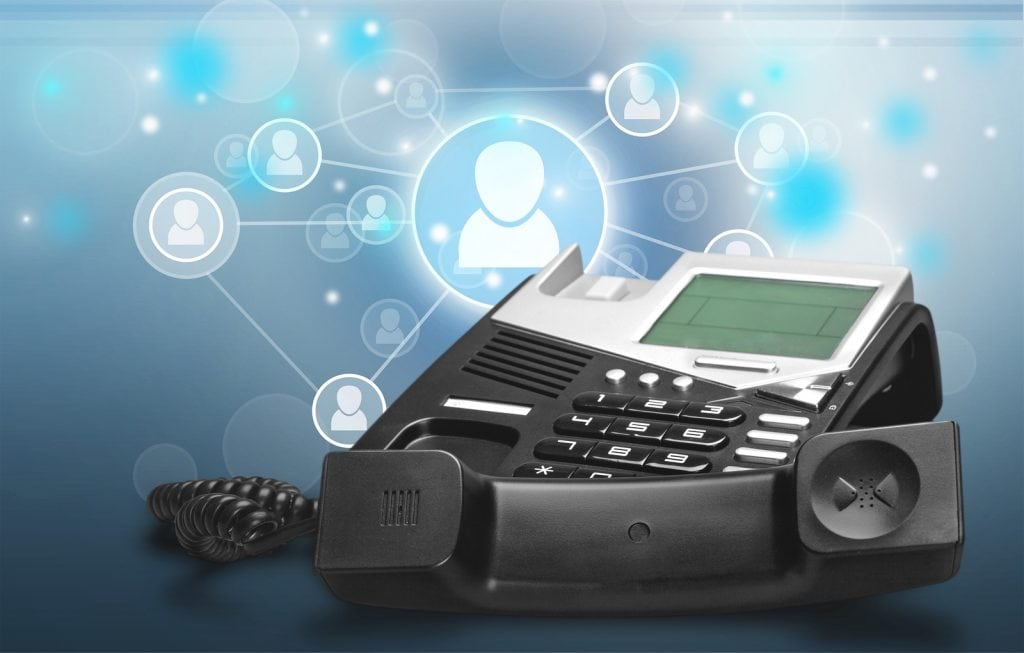
Use the phone in the hiring process to help comply with applicable ban the box legislation AND efficiently reduce the applicant pool.
Recently President Obama announced an executive order that prevents federal agencies from making job-applicants reveal they have a criminal record as part of his overall criminal justice reform effort.
Many people read that statement and think that employers are absolutely not allowed to ask for criminal convictions. THAT IS NOT SO! Even President Obama in his announcement states “It is relevant to find out if somebody has a criminal record,” Obama said at an event in Newark, N.J. “I’m not suggesting ignore it. I’m suggesting that when it comes to applications, give folks a chance to get through the door.”
So how does using a phone help? You can have the applicant complete the initial application, with no question about a past criminal record. Select those individual who meet your basic requirements WITHOUT knowing about past criminal convictions. Then decide whether or not to move that person to the next step in the hiring process AFTER the phone interview. Then at that second stage you can consider asking about prior criminal convictions. After getting this report, it is important to comply with EEOC rules and regulations regarding the nature of the conviction. We have an article here that might help.
There is an excellent article by Kathryn Tylor about using the phone in the hiring process at
Following is an outline of that article:
By selecting the top five candidates and talking with them by phone to assess their interest and overall fit, the company can be more efficient with [its] time and money. It is possible to disqualify approximately 75 percent of candidates based on that initial phone screen.”
A good initial phone screen can reveal a wealth of important information, including a candidate’s skills, experience, motivation, professionalism and salary expectations.
Phone screens can also give under-the-radar applicants—those who might be overlooked if HR were doing only in-person interviews—an opportunity to shine.
Pre-screenings can help HR professionals develop a rapport with the candidate before the in-person interview.
Pre-screening also has the advantage of eliminating visual distractions.
Prepare
Although phone screens are less time-consuming than in-person interviews (they generally last 15 to 30 minutes) experts stress that advance preparation is necessary. A few to-dos:
Understand the job competencies and formulate questions. “Developing the questions should be a collaborative effort between HR and the hiring manager,” Smith says.
Create a list of questions or write notes on topics you’d like to cover that may not be clear from the candidate’s resume.
Schedule a time and set expectations.
You should type out the questions to refer to quickly and have time allotted for each one.
Organize
Experts have identified four elements of an effective telephone pre-screening:
The interviewer introduces herself, the company and the position being filled. “Write a brief description, with selling points, about your company and the job,” Smith advises.
Ask three to five direct questions. Make sure the candidate does most of the talking.
Always have a pre-planned set of questions.
Don’t be afraid to ask the tough questions over the phone.
Give the applicant an opportunity to ask questions. If a candidate doesn’t ask any questions, it shows a lack of interest.
Close with information about the next step, such as “I’d like to follow up with an answer to you within three weeks.”
Don’t forget to “sell” the company.
Focus
The phone interview is important to the candidate. You owe it to them to be present.
You as the interviewer control the conversation and the pace. You have to be comfortable cutting in or cutting them off when they go on too long and you aren’t getting to the questions. Practice the art of redirecting people.
Personalize
Interviewers can use videoconferencing technology to see candidates as well as hear them. Consider using Skype or some other videoconferencing tool to personalize the experience for both you and the candidate. Note what clothes they decide to put on for a video interview.
Document
Note-taking is an important piece of the pre-screening process. Record the most important parts of the phone interview in the company’s applicant tracking system.
Practice
“With practice, control and preparation, you can get a lot out of a short time on the phone,” Brennan says. “People dismiss it as a poor way to dive deep, but once you become skilled at it, you can get a lot out of” candidates.
Develop a template for each frequently open position. It will take a little time initially to set this up, but it will be well worth it in the long run. You will also force yourself to ask each candidate similar questions so you are consistent.


